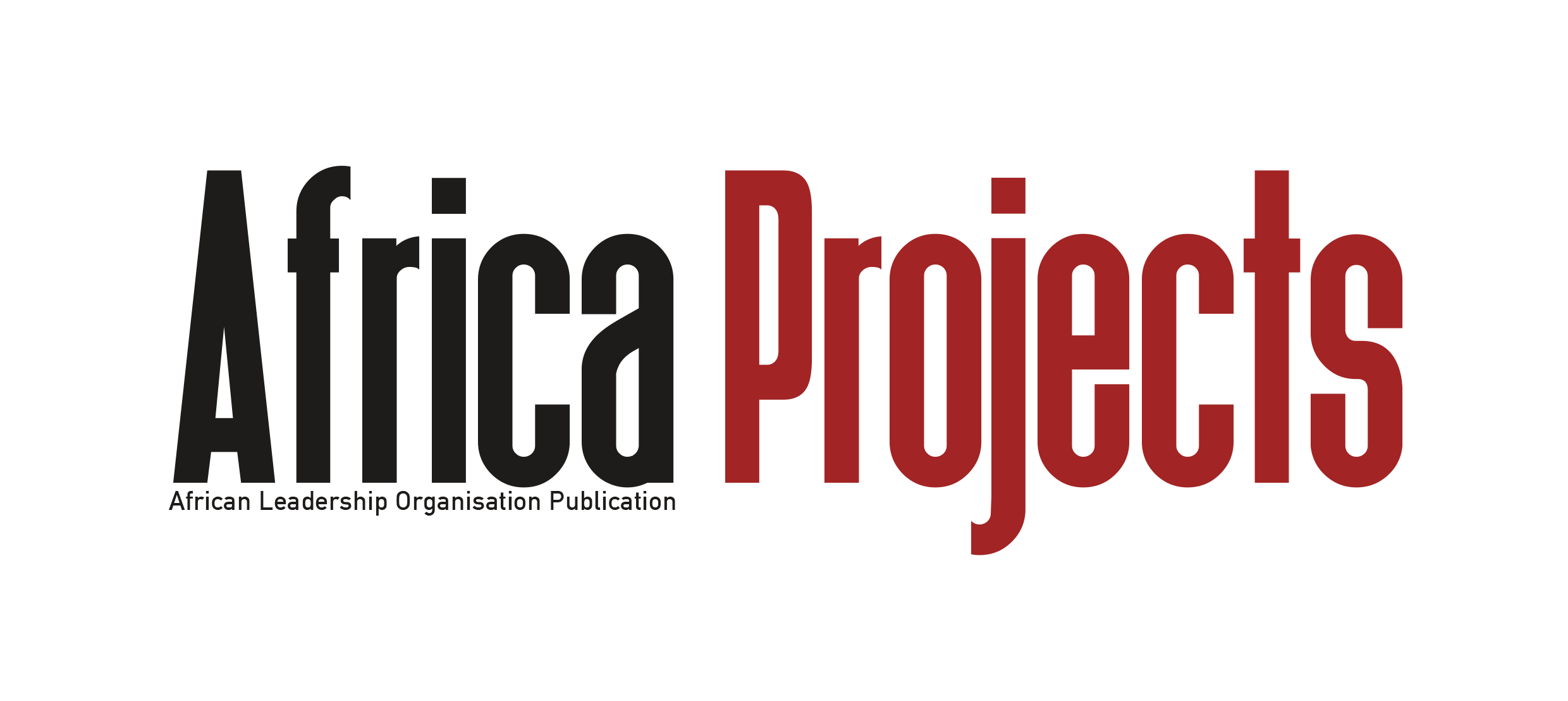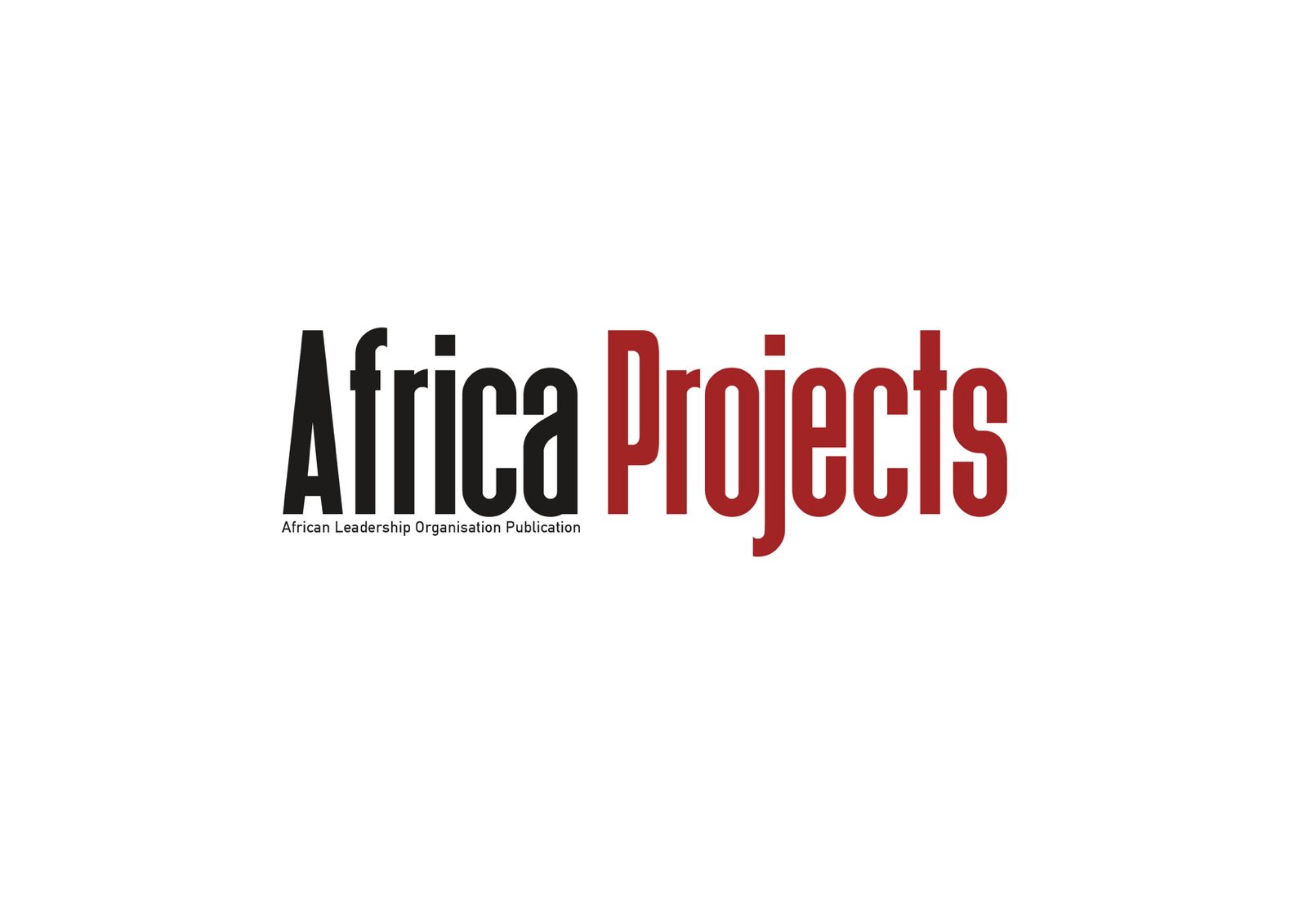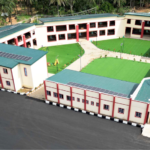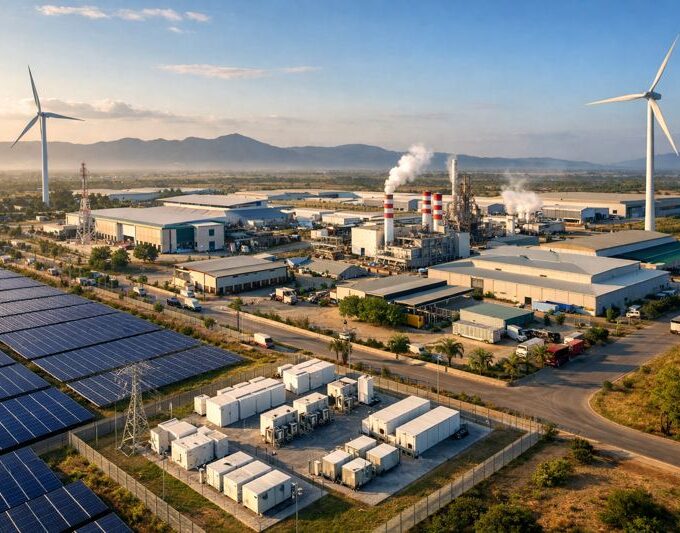- Home
- Features
- Startup Zone
- Projects
- Policies
- Shop
- Policies
- Projects
- Startup Zone
- Country Spotlight
- Analysis
- Tech
- Policies
- Projects
- Startup Zone
- Country Spotlight
- Analysis
- More
- Beyond the Kalashnikov: Africa’s Shift Toward Technology-Driven Warfare
- Afrail Express: Uniting a Continent on Rails
- AFRICA’S ENERGY CORRIDORS: CONNECTING POWER, PEOPLE, AND PROSPERITY
- Startup Lions Campus: Empowering Kenya’s Digital Generation
- L’Art de Vivre’s Le Paradis de Mahdia: Tunisia’s Model for Sustainable Luxury
- The Lobito Corridor: Rewiring Africa’s Trade Arteries Through Strategic Infrastructure
- AFRICA’S GREEN ENERGY TRANSITION: A BEACON OF HOPE FOR CLIMATE ACTION
- Dangote Refinery: Showcasing Africa’s Project Success Story
- AFRICA GREEN ECONOMY: ALL YOU NEED TO KNOW
- The Most Important Amicus Brief in the History of the World
- The Rise of Indigenous UAVs: Africa’s Drone Capabilities in Warfare and Surveillance
- AFRICA’S LARGEST OIL PRODUCERS: A COMPREHENSIVE OVERVIEW
- Beyond the Kalashnikov: Africa’s Shift Toward Technology-Driven Warfare
- Afrail Express: Uniting a Continent on Rails
- AFRICA’S ENERGY CORRIDORS: CONNECTING POWER, PEOPLE, AND PROSPERITY
- Startup Lions Campus: Empowering Kenya’s Digital Generation
- L’Art de Vivre’s Le Paradis de Mahdia: Tunisia’s Model for Sustainable Luxury
- The Lobito Corridor: Rewiring Africa’s Trade Arteries Through Strategic Infrastructure
- AFRICA’S GREEN ENERGY TRANSITION: A BEACON OF HOPE FOR CLIMATE ACTION
- Dangote Refinery: Showcasing Africa’s Project Success Story
- AFRICA GREEN ECONOMY: ALL YOU NEED TO KNOW
- The Most Important Amicus Brief in the History of the World
- The Rise of Indigenous UAVs: Africa’s Drone Capabilities in Warfare and Surveillance
- AFRICA’S LARGEST OIL PRODUCERS: A COMPREHENSIVE OVERVIEW
- Beyond the Kalashnikov: Africa’s Shift Toward Technology-Driven Warfare
- Afrail Express: Uniting a Continent on Rails
- AFRICA’S ENERGY CORRIDORS: CONNECTING POWER, PEOPLE, AND PROSPERITY
- Startup Lions Campus: Empowering Kenya’s Digital Generation
- L’Art de Vivre’s Le Paradis de Mahdia: Tunisia’s Model for Sustainable Luxury
- The Lobito Corridor: Rewiring Africa’s Trade Arteries Through Strategic Infrastructure
- Startup Zone
Top Insights
Egypt’s Tech Parks: Building the Silicon Valley of Africa?
In a region where infrastructure gaps can stifle ambition, perhaps it makes sense to start with structure.

On a carefully plotted stretch of land in eastern Cairo, Egypt is orchestrating one of the most ambitious tech ecosystem plays on the continent — a bold experiment that fuses television branding with real estate development, and startup energy with national ambition. The Shark Tank Business Park in Taj City, a nearly $1 billion project, is more than a flashy campus — it is Egypt’s wager that it can cultivate the next generation of African tech entrepreneurs by creating not just opportunity, but atmosphere.
This initiative — along with the influential GrEEK Campus in downtown Cairo — represents a broader Egyptian effort to become the Silicon Valley of Africa. But can entrepreneurship be engineered? And is Egypt’s brand-led approach a viable blueprint for sustainable innovation?
Egypt’s Tech Emergence: Not Just Another Hub
In recent years, Egypt has steadily climbed into the top tier of African startup ecosystems. With $640 million in startup funding in 2023 alone, it ranks second only to Kenya. Cairo, in particular, has emerged as a focal point for startups in logistics, e-commerce, and AI. High-profile exits, such as Fawry’s IPO, and the growing influence of logistics firms like Swvl and Trella, highlight the country’s traction.
But Egypt’s strategy differs sharply from the grassroots innovation seen in Lagos or Nairobi. While Nigeria leans on its chaotic energy and Kenya on early fintech leadership, Egypt is relying on structured infrastructure, government-private sector collaboration, and themed real estate developments to build its ecosystem.
Nowhere is this more evident than in the new Shark Tank Business Park.
Shark Tank Business Park: Entrepreneurship by Design
The 20-acre park, backed by Madinet Masr and developed in partnership with Sony Pictures Television, is modelled after the globally syndicated TV show Shark Tank. It includes co-working spaces, startup offices, cultural venues, and even a giant art sculpture of the Shark Tank brand crafted by Egyptian art toy company NotToys.
But the project is more than a marketing gimmick. It signals Egypt’s intent to make entrepreneurship visible, celebrated, and central to its national development. As Abdallah Sallam, CEO of Madinet Masr, put it, “This is not just about renting out office space. We want to create a destination.”
The park’s projected $1 billion investment makes it one of the largest business-themed real estate ventures in the Middle East and North Africa. Completion of the first phase is expected by 2029.
Still, the question remains: Can a business culture be scripted and built from the ground up, especially when the true lifeblood of entrepreneurship is spontaneity, community, and risk-taking?
The GrEEK Campus: Cairo’s First Tech Engine
Before Shark Tank Park, there was The GrEEK Campus, a repurposed university facility in downtown Cairo that has become synonymous with Egypt’s startup renaissance. Hosting over 150 startups and regularly organising pitch events, hackathons, and industry meetups, it has provided a fertile ground for Egypt’s early-stage tech companies.
Unlike Taj City’s brand-led campus, the GrEEK Campus grew out of necessity — a grassroots solution to the lack of dedicated tech spaces in Cairo. Its success illustrates a key truth: ecosystems are built not only through capital but by cultivating trust, networks, and a sense of shared mission.
The GrEEK Campus continues to influence how Egypt frames its tech sector, as both a serious economic engine and a cultural shift away from traditional career paths.
Regional Competition and the Race for Innovation
Egypt’s big bet comes amid intense competition from the Gulf. Saudi Arabia’s NEOM and the UAE’s Hub71 in Abu Dhabi have poured billions into developing digital innovation cities. These state-led initiatives, coupled with investor-friendly regulations and massive sovereign wealth backing, are formidable rivals.
To compete, Egypt is leaning into its demographic strengths: a young, educated population, a strong engineering talent pool, and relatively low labour costs. By building attractive infrastructure and positioning itself as a gateway to both Arab and African markets, Egypt is strategically situating itself as a regional startup launchpad.
Risks, Realities, and Resilience
Despite the optimism, Egypt’s tech future is not guaranteed. Several systemic challenges persist:
- Macroeconomic volatility: The Egyptian pound has faced sharp devaluations in recent years, affecting investor confidence.
- Regulatory hurdles: Unpredictable policy shifts — including tax reforms and capital controls — can deter early-stage investments.
- Power and infrastructure: Like much of the continent, Egypt struggles with inconsistent electricity supply and internet reliability, key inputs for a digital economy.
However, it’s also worth noting that constraints often breed innovation. Egyptian startups like Halan, which focuses on ride-hailing and digital payments for under-banked populations, and MaxAB, a B2B e-commerce platform serving informal retailers, are solving uniquely local problems with scalable models.
Can Egypt Manufacture a Silicon Valley?
Silicon Valley wasn’t built by decree or brand licensing — it emerged over decades through the convergence of world-class universities, military R&D, venture capital, and countercultural experimentation. Egypt’s top-down approach — through themed tech parks like Shark Tank Park — may seem antithetical to that origin story.
Yet, the African context is different. In a region where infrastructure gaps can stifle ambition, perhaps it makes sense to start with structure. Egypt isn’t trying to copy Silicon Valley; it’s creating a hybrid model — one that merges state-backed ambition with entrepreneurial experimentation.
And it’s not alone. Across Africa, countries are creating their versions of innovation districts:
- Rwanda’s Kigali Innovation City
- Botswana Innovation Hub
- Kenya’s Konza Technopolis
Egypt’s version may be glitzier, but it reflects the same desire: to anchor the digital future of the continent in physical, symbolic spaces.
Conclusion: A Symbol of What’s to Come
The Shark Tank Business Park may raise eyebrows with its TV-style branding and real estate gloss. But beneath the spectacle is a real shift in Egypt’s approach to economic development — one that prioritises youth, tech, and private sector dynamism.
As Egypt pushes to become a dominant force in African tech, its strategy is clear: build the infrastructure, attract the talent, and let the ideas flow. Whether this approach will produce the next Flutterwave, M-Pesa, or Jumia remains to be seen.
But what is certain is this: Africa’s innovation map is being redrawn — and Cairo is making a bold play for the centre.
Recent Posts
Related Articles
Solar-Powered Industrial Parks: Driving Hybrid Energy Manufacturing Growth in Africa
As Africa faces rising energy demand, climate pressures, and persistent industrialisation gaps,...
ByafricaprojectFebruary 2, 2026Digital Government: E-Governance Infrastructure Modernizing Public Services
Digital government has become a cornerstone of public sector reform as states...
ByafricaprojectJanuary 27, 2026Science & Technology Parks Fueling Continental Innovation
Science and technology parks have become vital engines of innovation, industrial transformation,...
ByafricaprojectJanuary 26, 2026Mining Logistics Infrastructure: Expanding Railways, Ports, and Processing
Mining remains one of Africa’s most critical economic sectors, supplying the world...
ByafricaprojectJanuary 21, 2026












